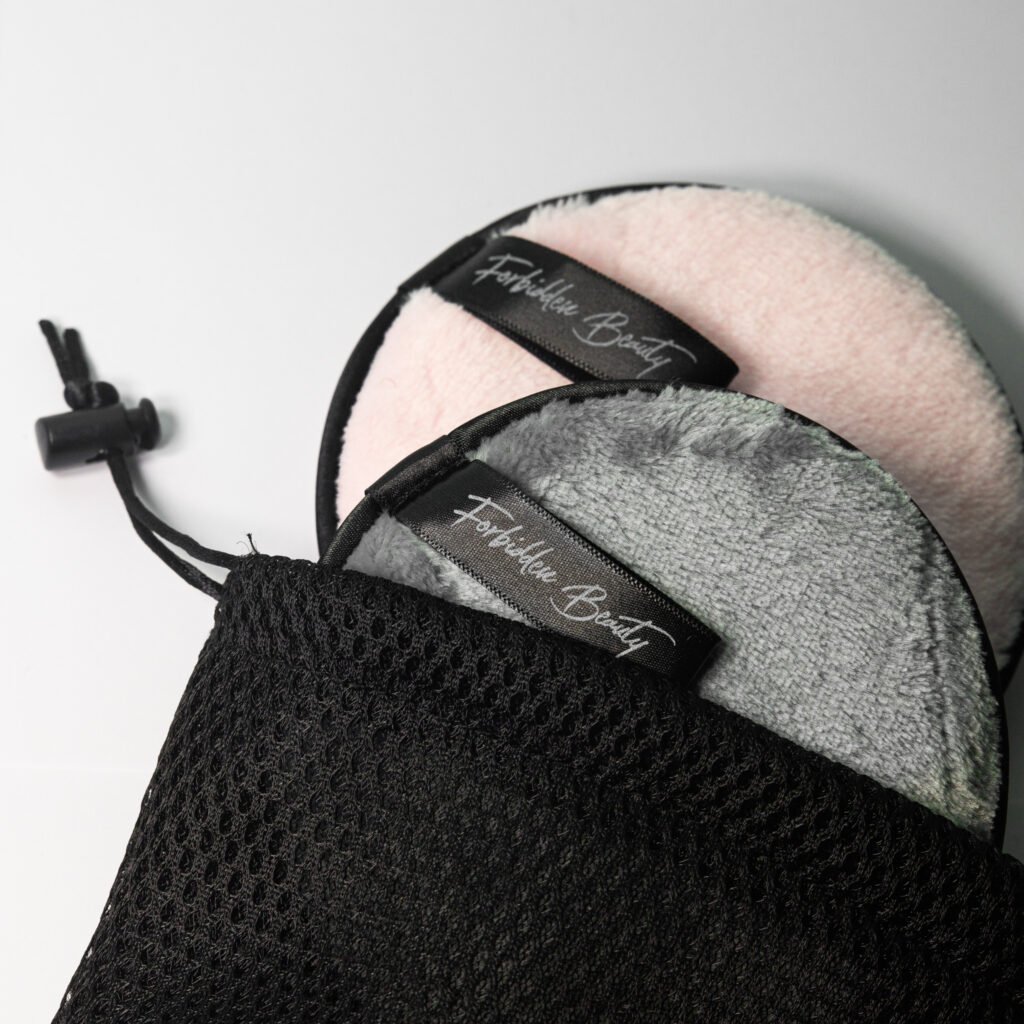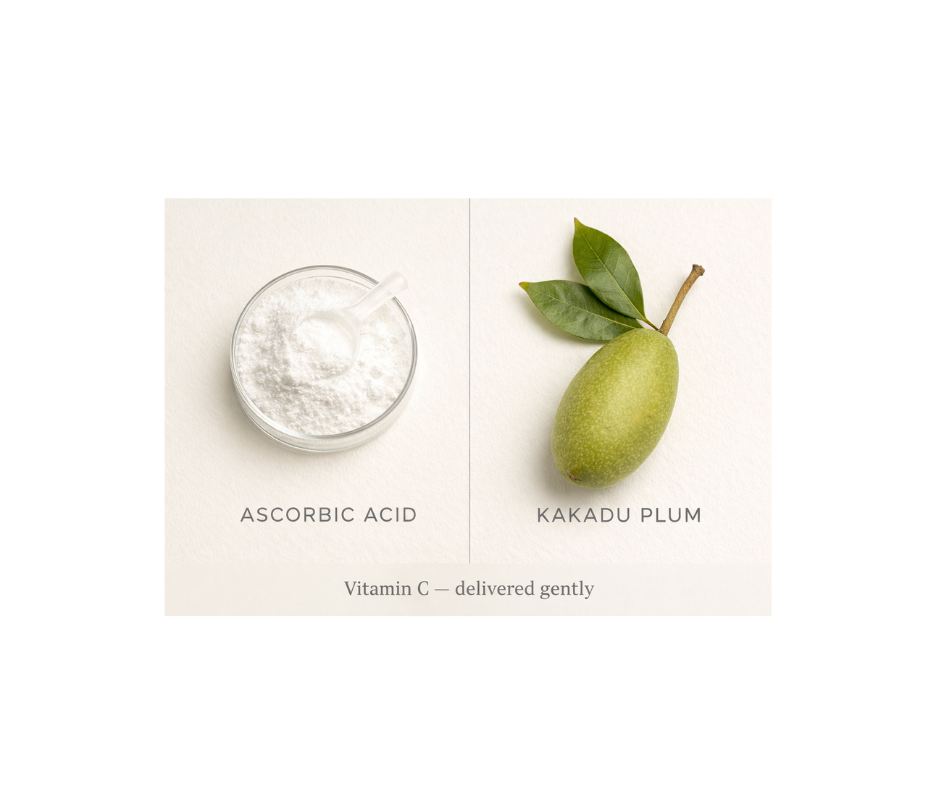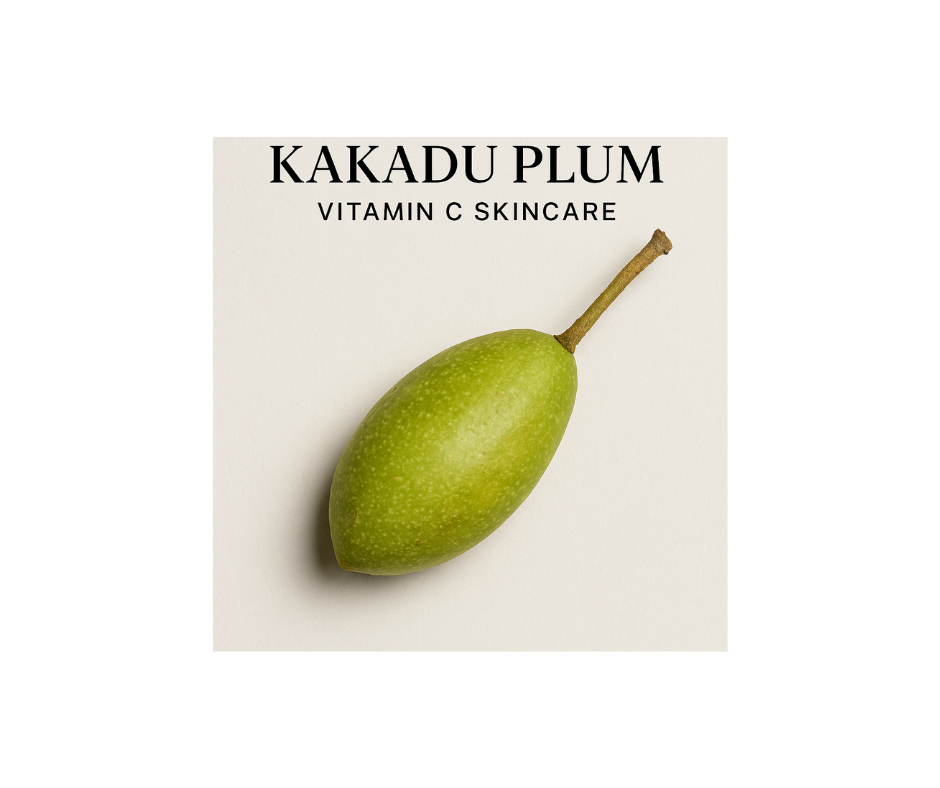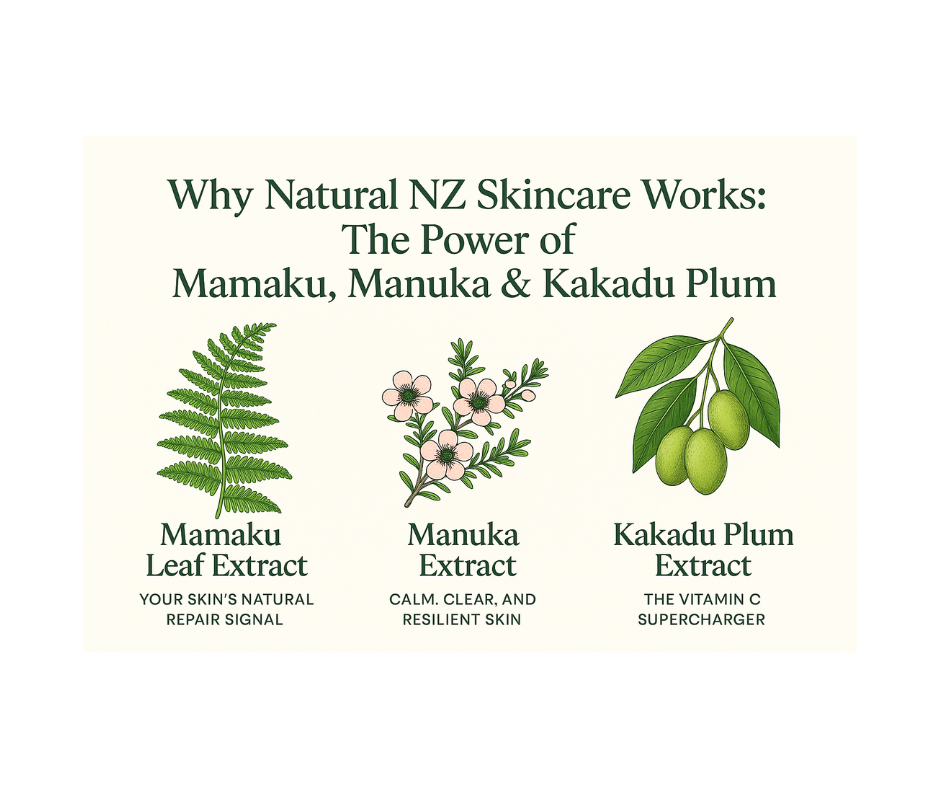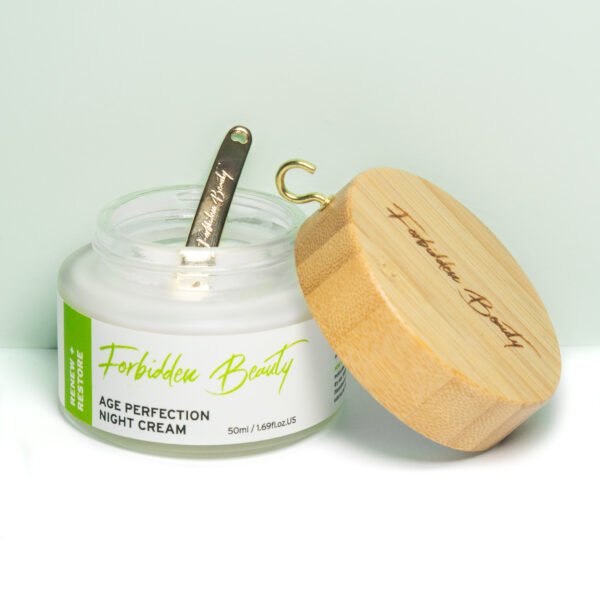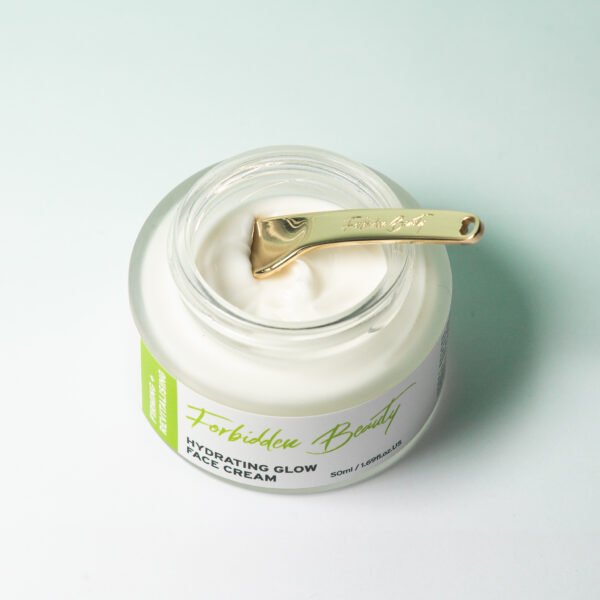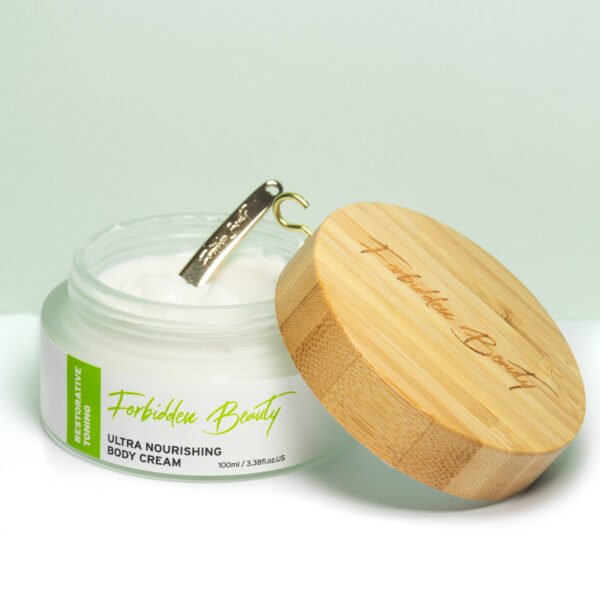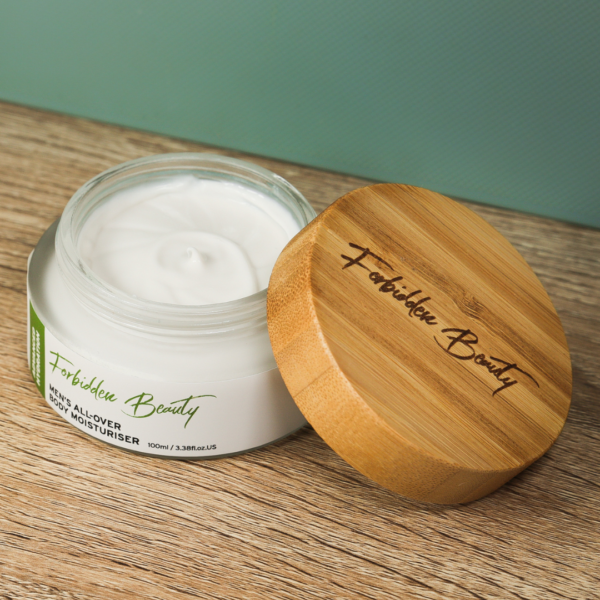Manuka Extract : The Unsung Hero Of Skincare (and why it beats Manuka Honey)
In the world of high-performance skincare, few natural ingredients have earned as much praise as Manuka Honey. Hailed for its antibacterial and healing properties, it’s a favorite in everything from cleansers to face masks. But recently, a quiet revolution has been happening behind the scenes – led by a more concentrated, more potent sibling : Manuka Extract.
If you love what Manuka Honey does for your skin, you’re about to be even more impressed. Here’s why Manuka Extract is emerging as the superior choice for fastidious skincare aficionados.
Firstly, What Makes Manuka Special?
Manuka Honey comes from the nectar of the manuka tree (Leptospermum scoparium), which is native to New Zealand. It’s packed with :
Methylglyoxal (MGO) – a powerful antimicrobial compound
Antioxidants – to protect skin from environmental damage
Natural humectants – to retain skin moisture
These properties make it excellent for acne-prone, inflamed, or dry skin. But here’s where the story evolves.
What Is Manuka Extract?
Manuka Extract is a highly concentrated derivative, made by a process called steam distillation, which uses the leaves and bark of the same manuka tree—not the honey. It contains unique compounds, not found in manuka honey, like :
Leptospermone – a natural antimicrobial agent
Flavonoids and triketones – antioxidants and anti-inflammatory compounds
Beta-triketones – highly active molecules shown to reduce redness, bacteria, and irritation
Because it’s made from different parts of the plant, Manuka Extract brings a broader phytochemical profile to the table than honey alone.
Why Manuka Extract versus Manuka Honey In Skincare
| Feature | Manuka Honey | Manuka Extract |
|---|
| Potency | Gentle, slow-acting | Fast-acting, highly concentrated |
| Texture | Sticky, hard to formulate | Lightweight, absorbs easily |
| Bacterial Defense | MGO only | MGO + beta-triketones + leptospermone |
| Stability in Products | Heat-sensitive | Chemically stable in formulations |
| Application Versatility | Mostly masks and ointments | Works in serums, toners, creams, gels |
1. Scientifically More Potent
While Manuka Honey is known for its antimicrobial MGO content, Manuka Extract contains beta-triketones, which have been shown in lab studies to be even more effective against certain skin pathogens, including P. acnes and S. aureus—the bacteria linked to acne and inflammation.
2. Lightweight And Absorbable
Manuka Honey is naturally sticky and heavy, making it best suited for masks or leave-on products. In contrast, Manuka Extract can be infused into serums, moisturizers, and toners, making it more adaptable to everyday skincare routines.
3. Superior For Acne And Sensitivity
Because of its potent anti-inflammatory and antibacterial action, Manuka Extract is a go-to ingredient for acne-prone and reactive skin and rosacea. It calms redness, reduces swelling, and helps prevent future breakouts—without the mess or stickiness of honey.
4. Better For Product Formulation
Manuka Honey can degrade when heated or mixed with certain ingredients, limiting how it can be used. Manuka Extract is heat-stable, pH-flexible, and synergizes well with other actives, making it the smarter choice for modern, high-performance skincare products.
How To Use Manuka Extract
Look for Manuka Extract or Leptospermum scoparium extract on your skincare product label, or in the ingredient list. The products it’s typically found in include :
Pair it with ingredients like niacinamide, hyaluronic acid, or panthenol for enhanced skin repair and glow.
Final Thought
Manuka Honey walked so Manuka Extract could run.
While the honey is still beloved in natural beauty circles, Manuka Extract is the next evolution—delivering stronger results, cleaner formulations, and better user experience. If you’re serious about skincare that works and feels good, it’s time to trade the jar for the NZ natural Manuka Leaf.
Note that all the Forbidden Beauty SkinCare moisturizer products have Manuka Extract as a key ingredient. We take so much pride in the carefully selected ingredients we formulate into our products that we display a menu Our Ingredients article on our website. This additionally explains the reason why each ingredient has been included.
